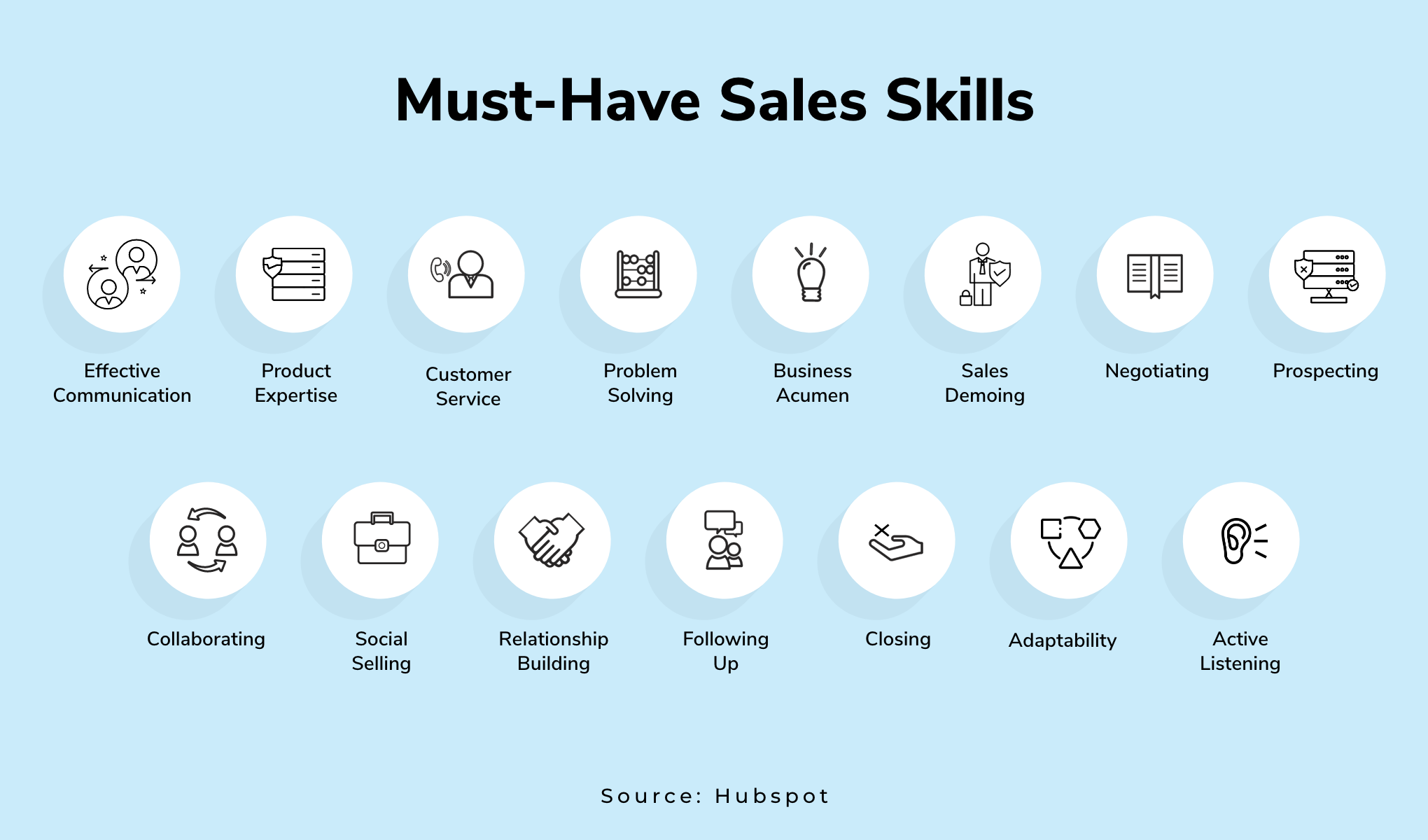
How to Choose the Right Sales Tools for Your Business
- 0
Choosing the right sales tools for your business can make a significant impact on your bottom line. With so many options available in the market, it can be overwhelming to determine which tools are best suited for your specific needs. In this article, we will discuss the factors to consider when selecting sales tools and provide guidance on making the right choice for your business.
Understand Your Business Needs
Before you start evaluating sales tools, it is crucial to understand your business needs and goals. Consider what tasks you want to streamline or improve, such as lead generation, email marketing, or customer relationship management. Identifying your specific requirements will help you narrow down your options and choose tools that align with your objectives.
Research Available Options
Once you have a clear understanding of your business needs, research the available sales tools in the market. Look for tools that are designed to address the specific challenges you are facing. Read reviews, compare features, and consider factors such as user-friendliness, integration capabilities, and pricing.
Consider Integration Capabilities
When choosing sales tools, consider how well they integrate with your existing systems. Seamless integration between tools can improve efficiency and streamline processes. Look for tools that offer easy integration with popular platforms such as CRM systems, email marketing software, and eCommerce platforms.
Evaluate Scalability
As your business grows, your sales tools should be able to scale with you. Choose tools that can accommodate your growing needs and adapt to changes in your business. Consider factors such as the number of users supported, data storage capacity, and pricing plans that can scale as your business expands.
Consider Ease of Use
Opt for sales tools that are intuitive and easy to use. User-friendly tools can help increase adoption rates among your team members and ensure that you get the most out of your investment. Look for tools that offer training resources, customer support, and a user-friendly interface.
Set a Budget
When selecting sales tools, it is essential to set a budget and stick to it. Consider the cost of the tool, including any set-up fees, monthly subscriptions, and additional features. Evaluate the return on investment and choose tools that offer the most value for your money.
Seek Recommendations
Seek recommendations from industry peers, colleagues, and online communities. Hearing from others who have used the tools you are considering can provide valuable insights and help you make an informed decision. Consider attending industry events, webinars, and product demos to learn more about different sales tools.
Conclusion
Choosing the right sales tools for your business is a critical decision that can have a significant impact on your sales performance. By understanding your business needs, researching available options, considering integration capabilities, scalability, ease of use, and setting a budget, you can select the tools that best fit your requirements. Seek recommendations from others in the industry to gain valuable insights and make an informed choice for your business.
This article provides a comprehensive guide on how to choose the right sales tools for your business, covering key factors such as understanding your business needs, researching available options, considering integration capabilities, scalability, ease of use, setting a budget, and seeking recommendations. By following these guidelines, you can make an informed decision and select the best sales tools to drive growth and success for your business.

